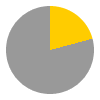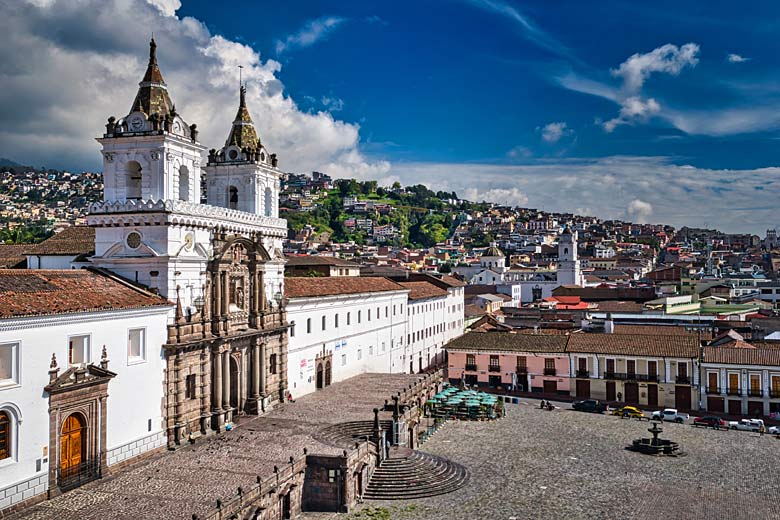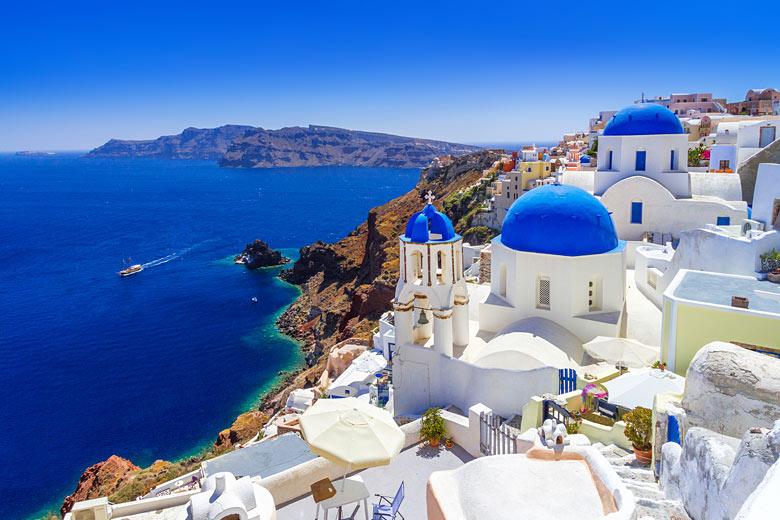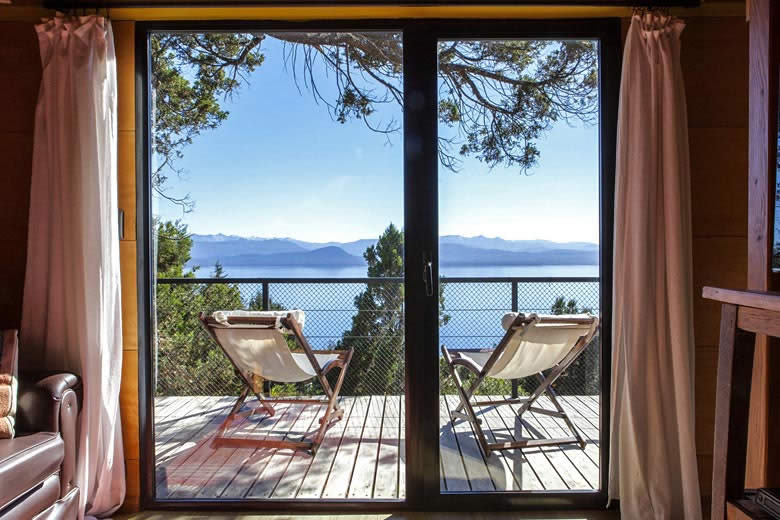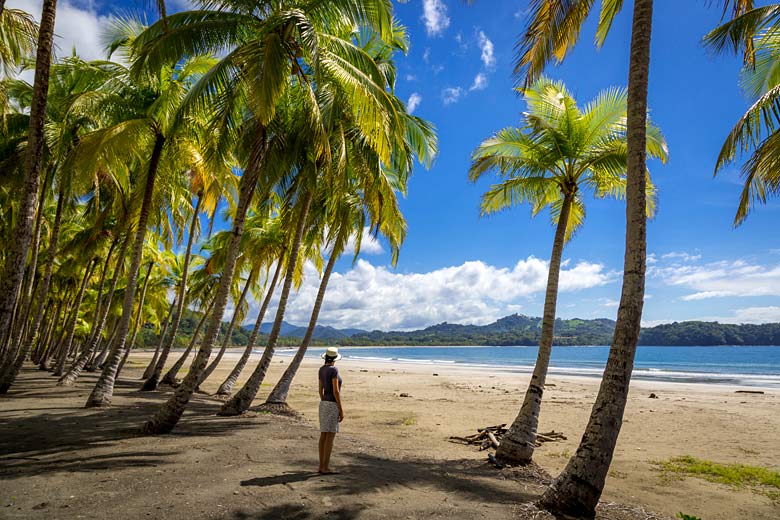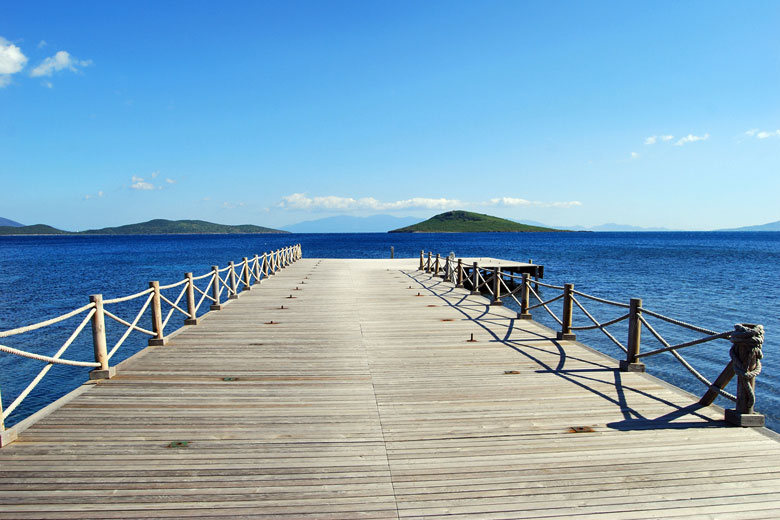- Check out top deals on tours to Bolivia
- Explore places to visit & most popular itineraries
- Filter deals by experience, duration, level & price
Best time to visit Bolivia
Find the best time to visit Bolivia and plan your perfect trip in 2024/2025. Get holiday inspiration, weather guides, travel advice and find great deals.
- Best time to visit
- Weather by month
- 5-day weather forecast
- Destinations
- Travel advice
- Deals & discounts
Bolivia by month
Jan Feb Mar Apr May Jun Jul Aug Sep Oct Nov Dec
Recommended for Bolivia
Top Bolivia destinations
Below are the temperatures expected today at popular countries, regions and places in Bolivia. Select a destination to compare today's forecast with average weather conditions.
All Bolivia destinations
When is the best time to visit Bolivia?
Which is the warmest month in Bolivia?
The warmest time of year in La Paz, Bolivia is normally October. Expect maximum daytime temperatures to reach 15°C.
Which month has the most rain in Bolivia?
In terms of rainfall, January is usually the wettest month in La Paz, Bolivia with 130mm on average. There are normally 20 days in January with some rain.
When is it sunniest in Bolivia?
The sunniest time of year in La Paz, Bolivia is normally June with bright sunshine on average for 74% of daylight hours; that's 8 hours of sunshine per day.
Best time to visit
The weather guide for Bolivia (La Paz) shows long term weather averages processed from data supplied by CRU (University of East Anglia) & today's weather forecast provided by meteoblue. Find out more about our data sources.
Metric (°C / mm) | Imperial (°F / inches)
Bolivia weather overview
Bolivia is a large landlocked country twice the size of France, and is a land of two climates. In its west, the great peaks of the Andes soar up to 6,000m (20,000ft) and even the plateau which lies between the eastern and western ranges of these mighty mountains stands between 3,000m (10,000ft) and 4,000m (13,000ft) high. However, as you move east of the Andes, the land descends dramatically into the rainforests of the Amazon Basin and to lowlands further south.
The lowlands have a hot, steamy tropical climate with a single, heavy rainy season from November to February when temperatures are highest. In the mountains, it's a different story: temperatures drop lower the higher up you go. The northeast slopes of the Andes are semi-tropical but, on higher ground, night time temperatures can be extremely cold and frosts are frequent during the dry season.
The high peaks are permanently snow-capped. On the plateau between the high mountains, rainfall is low and occurs mainly from December to March. The two main hazards you'll encounter here are altitude sickness and sunburn: the air is very thin in the mountains so you should be prepared to acclimatise slowly.
What to pack for Bolivia weather
Pack light cotton clothes as well as a light raincoat and take much warmer clothing for the mountains.
Bolivia travel features
Do you want to learn more about Bolivia? Read our latest features covering travel tips and insider destination guides on where to go and what to do in Bolivia.
We don't currently have any travel features on Bolivia. Discover more about holiday destinations around the world with this selection of general travel articles.
Be inspired
Get your weekly fix of holiday inspiration from some of the world's best travel writers plus save on your next trip with the latest exclusive offers
We promise not to share your details
Related posts
Popular travel offers
Explore holidays in the sun for less
- Beach holidays
- Family holidays
- City breaks
- Summer holidays
- Winter sun holidays
- Holiday offers
- Top travel brands
- Airlines & flights
- Discount hotels
- Airport parking deals
- TUI
- Jet2holidays
- easyJet holidays
- Love Holidays
- Black Friday sales
Airport parking
- Manchester Airport
- Stansted Airport
- Bristol Airport
- Luton Airport
- Birmingham Airport
- Edinburgh Airport
- Gatwick Airport
- Glasgow Airport
- Newcastle Airport
Airport lounges
- Manchester Airport
- Birmingham Airport
- Bristol Airport
- Edinburgh Airport
- Glasgow Airport
- Heathrow Airport
- Newcastle Airport
- Stansted Airport
- Gatwick Airport











 Tour deal finder
Tour deal finder






